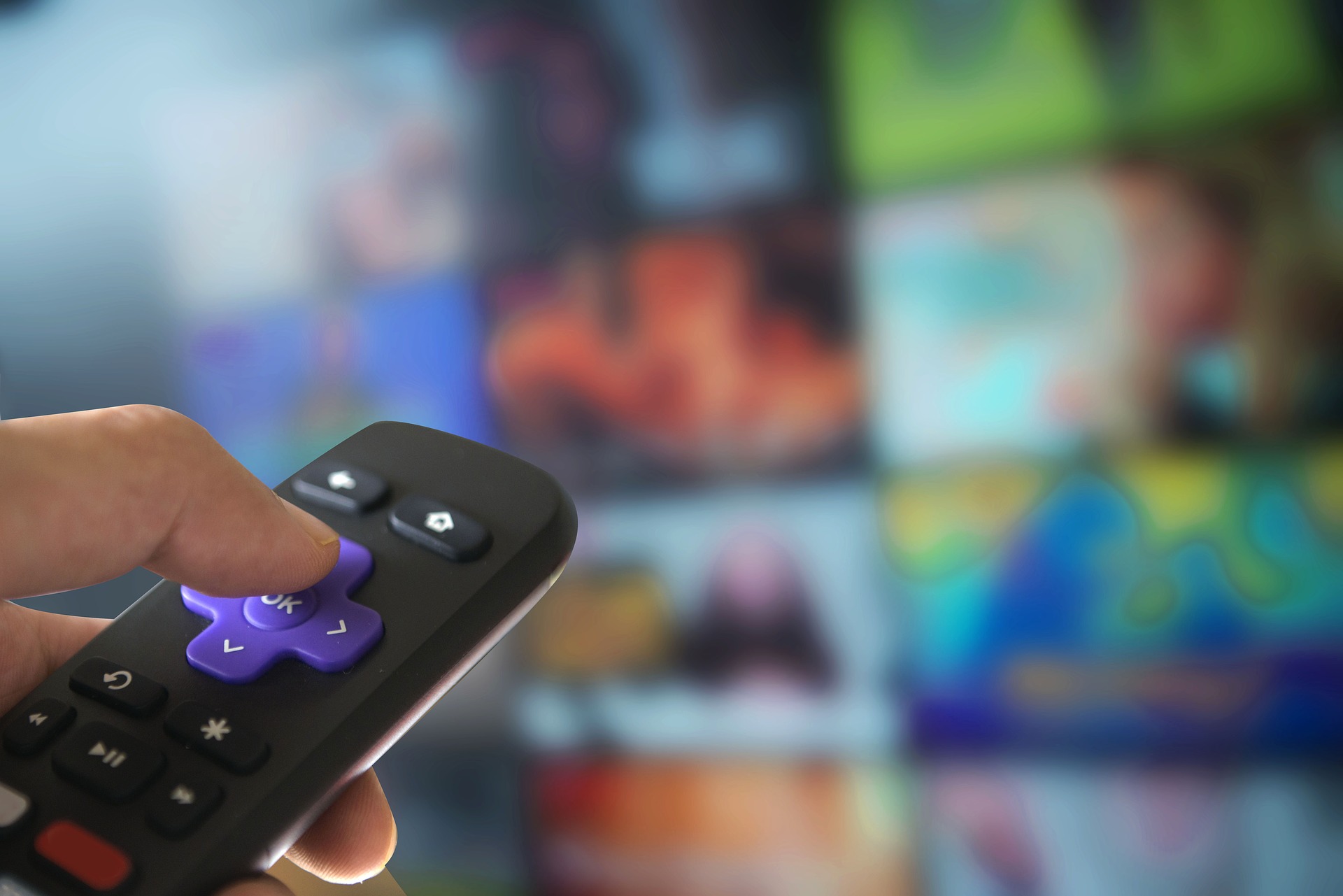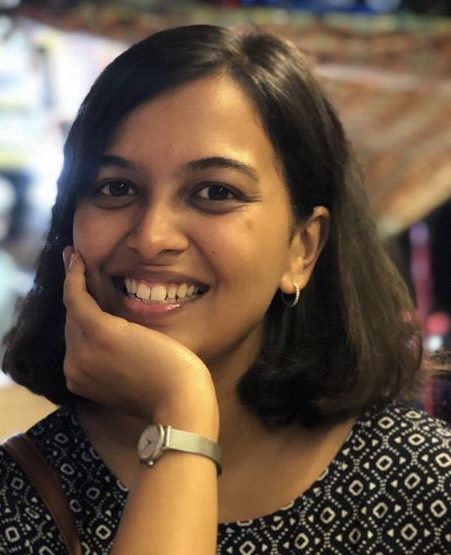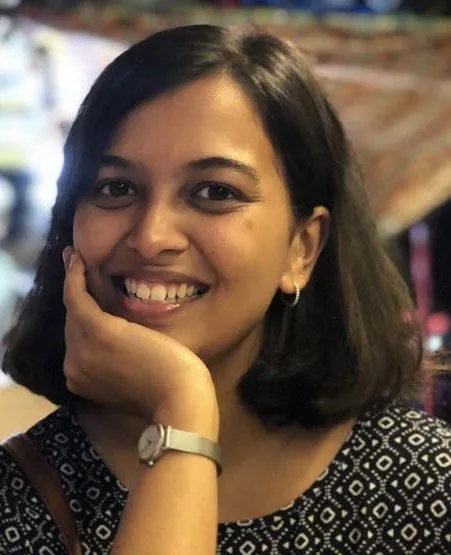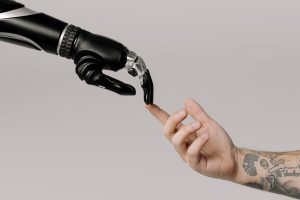A quick search through television databases and current shows streaming on various platforms indicates that Persons with Disabilities are rarely shown as everyday characters. They are shown across two ends of a spectrum – on one end, they are inspirational and beat all odds and on the other, they are recipients of sympathy. Both characters are valid but what about the rest of the spectrum?

Speaking of spectrum, Netflix’s show Atypical is probably one of the few programs that aims at normalising the life of a young person with Autism Spectrum Disorder. Yet, the lead actor himself is not Atypical i.e., he does not have ASD. A white paper written by the Ruderman Family Foundation identified that only around 22% of the characters that portray disabilities were actually played by actors with disabilities.
Movies, on the other hand, can have disability as a central theme and are often critically lauded and celebrated. No one knows this better than Bollywood, which has produced remarkable performances, but by actors who do not have disabilities (Rani Mukherji in Black, Kalki Koechlin in Margarita with a Straw). The same friend who got me thinking about this topic directed me towards Ahaan, a film that casts Abuli Mamaji, a person with Down’s Syndrome. When there are roles written for and played by people with disabilities, the spectrum of characters broadens. You begin to see characters such as neighbours and colleagues who have disabilities; people who lead “everyday” lives, those who have a sense of humour, those who experience heartbreaks and career setbacks. Having people with disabilities portraying “everyday” characters normalises their presence in our lives and truly reflects the makeup of our society.
Is there a call to action at the end of this article? A small one, perhaps. The next time you’re scrolling through the multitude of options available on the big/small screen, look for a show that portrays a character with disabilities, preferably played by actors with disabilities. Talk about it with your friends, share them across groups. Celebrate content creators that look deeper into the understanding of diversity when they etch out characters for their programs. Normalise the “everydayness” of people with disabilities – because inclusion can only be possible when we portray a true reflection of what we see in society on the small screen.

Vaishnavi Venkatesh is a psychologist by profession, a movie buff, and has written for Ability Foundation since 2012.








